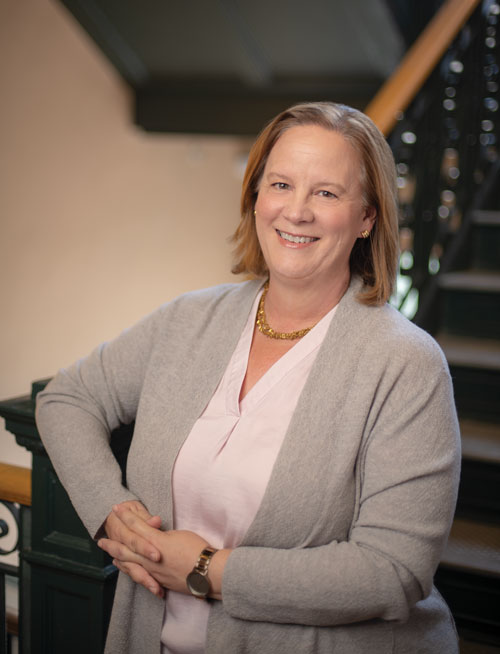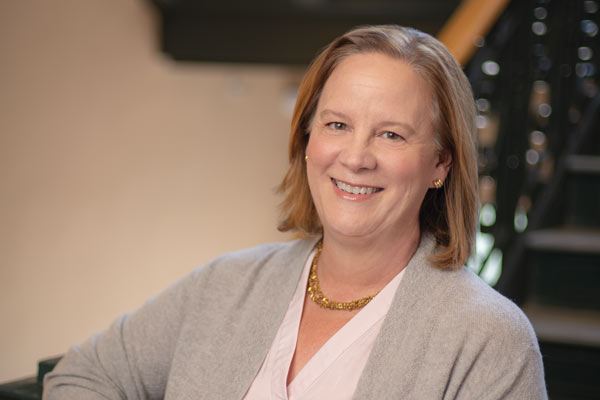Choosing a path — or a major — in today’s world is not easy. Social, cultural, economic and technological changes seemingly happen overnight, making it difficult for a student to predict what career opportunities will look like after graduation, let alone in 10 or 15 years.
Students of the liberal arts, however, are uniquely prepared for the challenges and opportunities of the 21st century. They explore knowledge and ideas across many disciplines, applying what they learn in the classroom to real life experiences: internships, study abroad, student leadership and community service. Their classroom learning is also enhanced through intensive research projects, where undergraduates participate in the discovery of new knowledge by collaborating with talented faculty and graduate students in labs, libraries and in the field.
Through a robust relationship of classroom and experiential learning, our students develop a variety of skills that are foundational for virtually any profession, even those that have yet to be invented. They gain the ability to think critically and independently, and they learn how to write, reason and communicate clearly. They learn new technologies, working alongside faculty in the humanities who are creating and using digital archives in new ways. They develop a set of ethics, the ability to adapt and a desire for continued learning that will serve them well throughout their lives and careers.

These opportunities are central to liberal arts but are not exclusive to liberal arts majors. They are available to all UT Austin students who explore the humanities and social sciences as part of their required core curriculum; and as the worldwide demand for bilingual workers continues to rise, students can augment their skills through one or more of the 33 languages offered by our college.
A major challenge for our college, and for the liberal arts in general, is the persistence of a stereotype that characterizes our majors as uncompetitive in the job market, when in reality the opposite is true. Although starting salaries for liberal arts majors are, on average, a bit less than STEM counterparts, by mid-career they catch up and even exceed their peers from the professional, scientific and technological fields. The uniquely human qualities developed in a liberal arts education are now highly sought in all fields of the digital economy — creative and critical thinking, adaptability and effective leadership — skills that will not be replaced by robots anytime soon.
As society becomes more globalized, more diverse and more technologically advanced, teaching and research in the humanities and social sciences will be indispensable. Our alumni and friends can help us tell the world that a liberal arts education at a public research university has tremendous and unlimited economic potential, while also contributing to the health and vitality of our social, cultural and civic life.

Ann Huff Stevens
Dean, College of Liberal Arts
